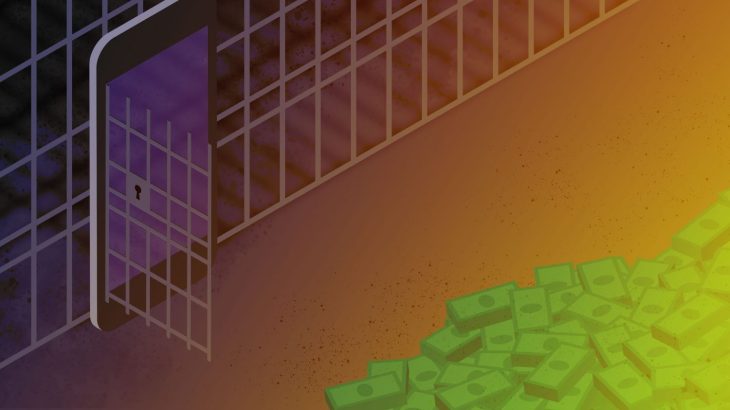On any given day in the United States, more than 450,000 people are behind bars awaiting their constitutionally mandated fair trial. None of them have been convicted of a crime — they’ve been accused of committing a crime, but no formal ruling of guilt or innocence has been made. That means these hundreds of thousands of people are incarcerated simply because they don’t have the financial means to post bail.
 Bail was originally designed to incentivize people to show up for their court dates, but it has since evolved into a system that separates the financially well-off from the poor. It requires arrested individuals to pay money in order to get out of jail while they await trial. For those who can’t afford bail, they wind up having to sit in jail, which means they may be at risk of missing rent payments, losing their jobs and failing to meet other responsibilities.
Bail was originally designed to incentivize people to show up for their court dates, but it has since evolved into a system that separates the financially well-off from the poor. It requires arrested individuals to pay money in order to get out of jail while they await trial. For those who can’t afford bail, they wind up having to sit in jail, which means they may be at risk of missing rent payments, losing their jobs and failing to meet other responsibilities.
Money bail is all too often a common condition to secure release from jail while a case is in progress. Cash bail systems result in leaving many people incarcerated, even though they haven’t been convicted of a crime.
